Optimal Timing for Countertop Deconstruction
Countertop deconstructions are often scheduled during specific periods to minimize disruption and ensure proper planning. Timing depends on project scope, material availability, and renovation schedules. Typically, deconstructions are best performed during periods of low occupancy or between major renovation phases to allow for seamless transitions.
Coordinate deconstructions with other renovation activities to reduce downtime and streamline project timelines.
Perform deconstructions during off-peak seasons when contractor availability is higher and scheduling conflicts are minimized.
Schedule prior to new countertop installations to ensure space is prepared and debris is cleared beforehand.
Ideal when properties are vacant, reducing inconvenience to occupants and allowing easier access.

A team carefully removing a countertop from a kitchen.
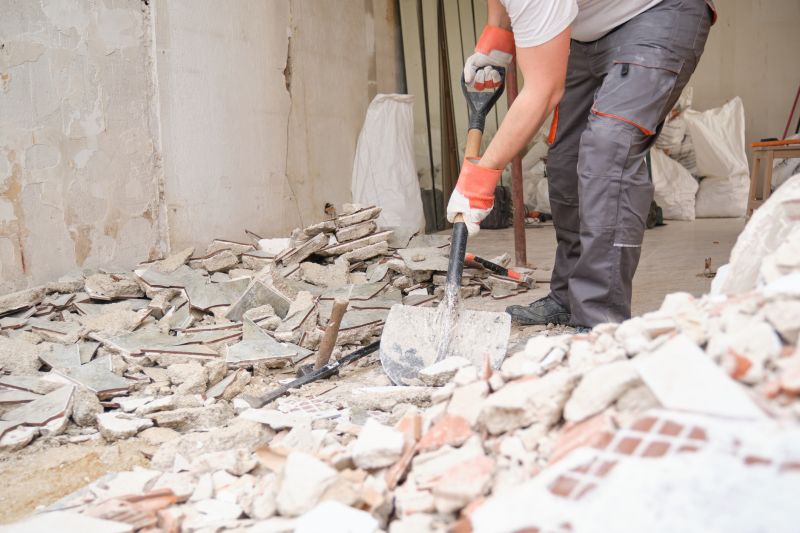
Preparation of the workspace before deconstruction begins.
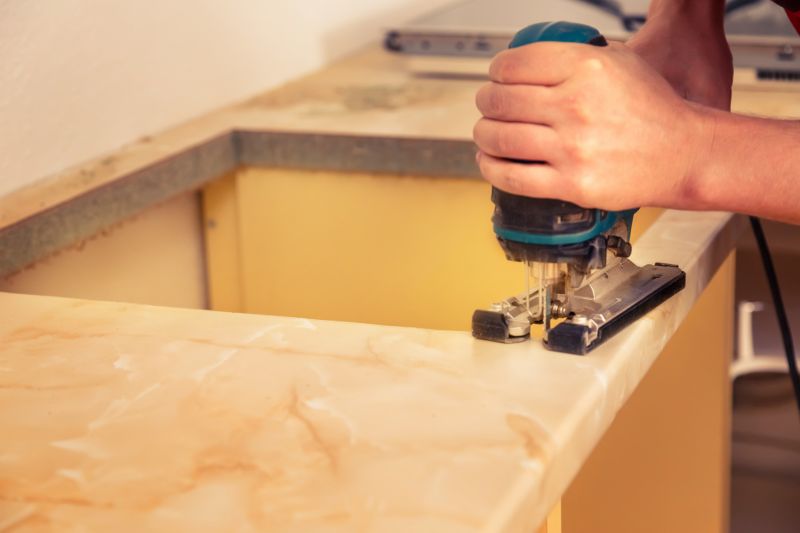
Proper disposal of countertop materials after removal.

Ways to make Countertop Deconstructions work in tight or awkward layouts.
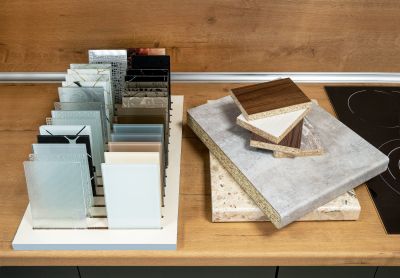
Popular materials for Countertop Deconstructions and why they hold up over time.
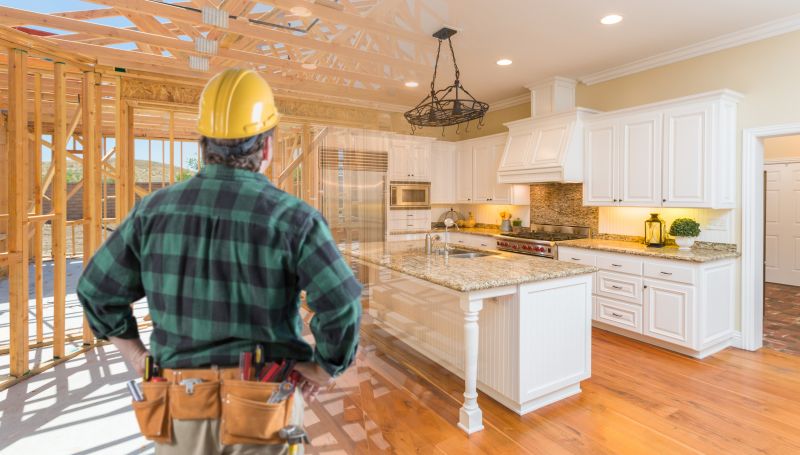
Simple add-ons that improve Countertop Deconstructions without blowing the budget.
Countertop deconstructions involve removing existing surfaces to prepare for replacements or renovations. This process requires careful planning to prevent damage to underlying structures and ensure safety. The timing of deconstructions can influence project costs and schedules, making it a critical consideration for contractors and property owners.
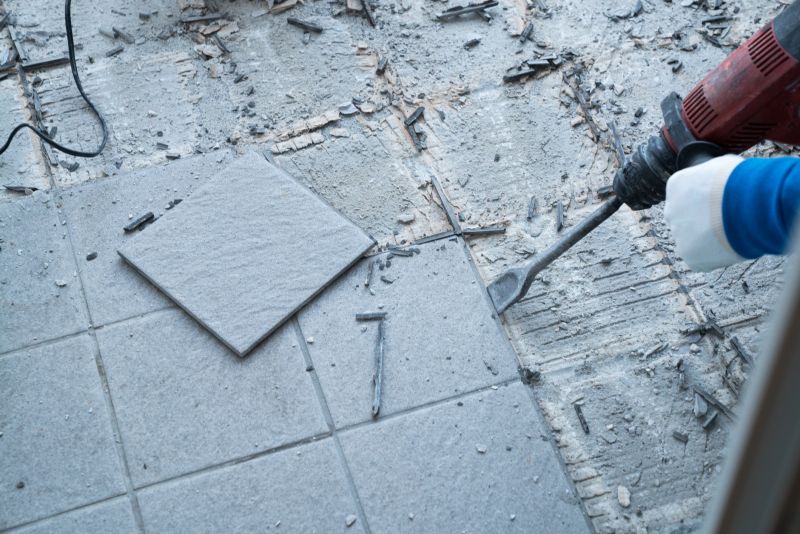
A close-up of tools used during deconstruction.
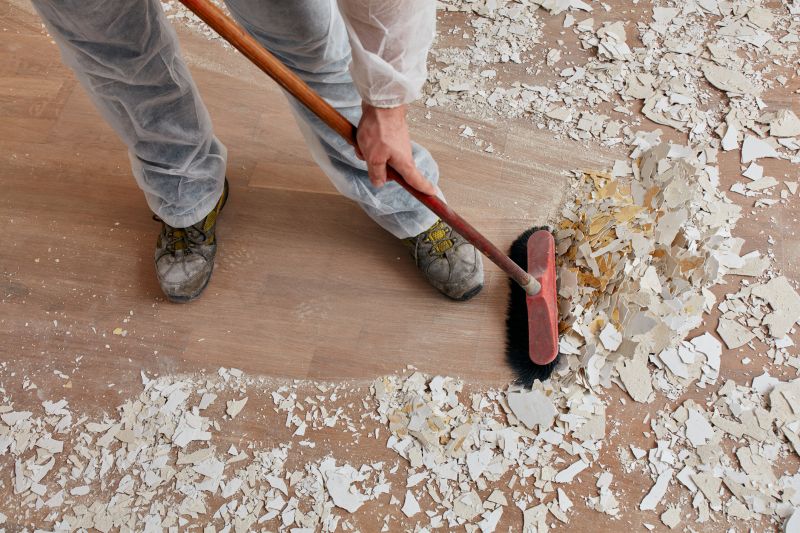
Protective coverings and equipment set up for deconstruction.
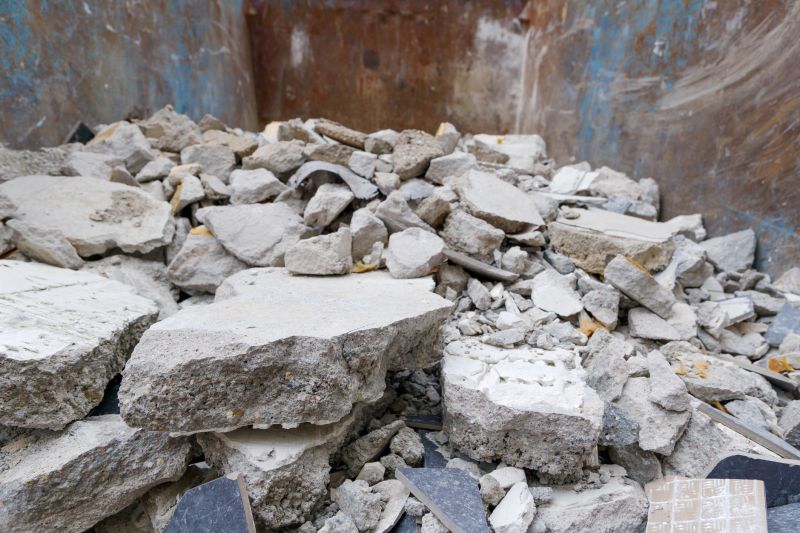
Sorting debris for recycling or disposal.
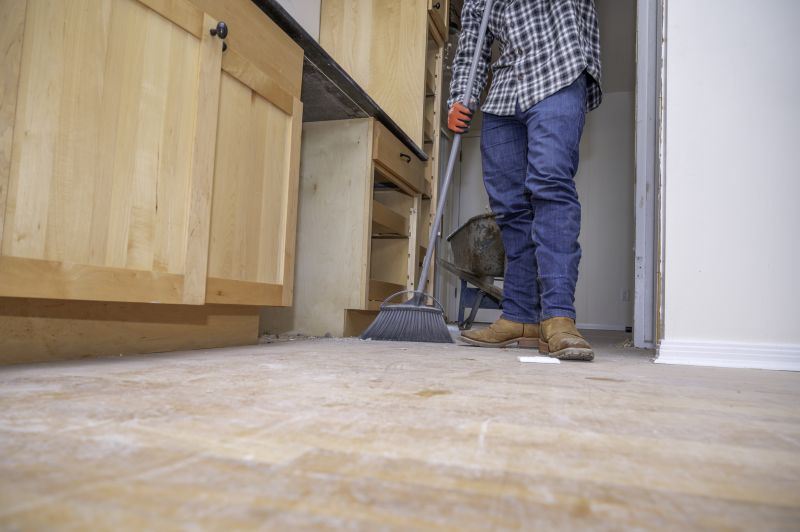
Site cleaned and ready for new installation.
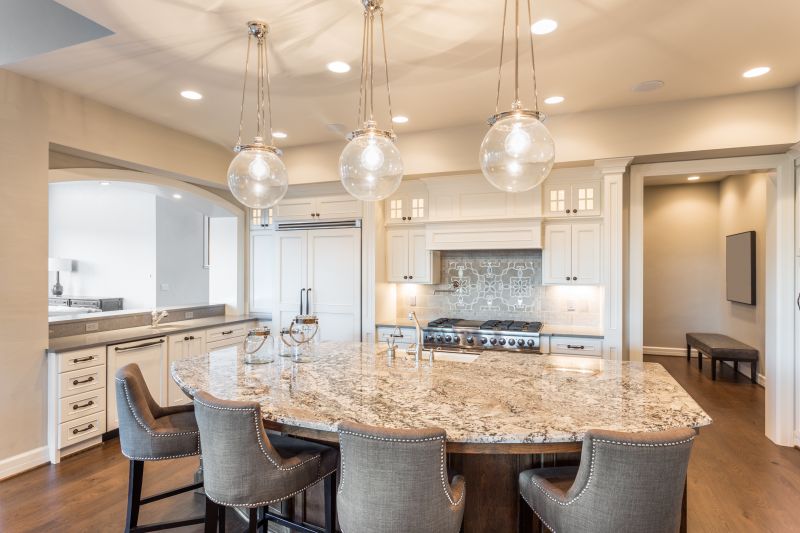
High-end options that actually feel worth it for Countertop Deconstructions.
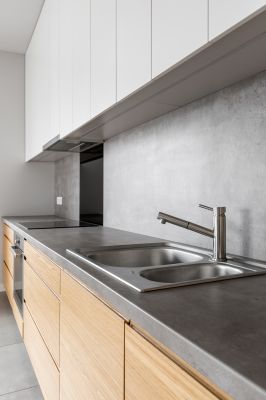
Finishes and colors that play nicely with Countertop Deconstructions.

Little measurements that prevent headaches on Countertop Deconstructions day.

A 60-second routine that keeps Countertop Deconstructions looking new.
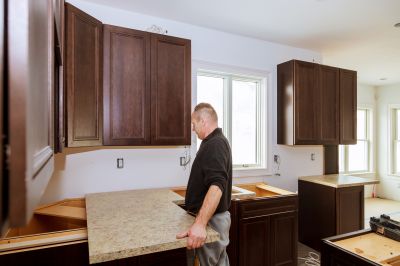
A frequent mistake in Countertop Deconstructions and how to dodge it.
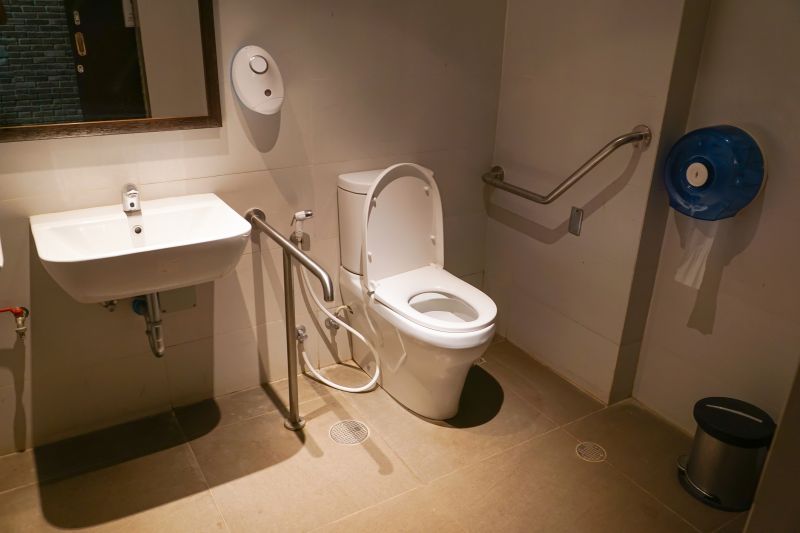
Small tweaks to make Countertop Deconstructions safer and easier to use.
| Timing Consideration | Optimal Period |
|---|---|
| Project Schedule | During renovation phases or between major construction periods |
| Occupancy Status | When the property is vacant or minimally occupied |
| Seasonality | During off-peak seasons for scheduling flexibility |
| Preparation Time | Before new countertop installation begins |
| Property Type | Residential or commercial properties with flexible timelines |
| Material Removal Urgency | When existing countertops need prompt removal |
| Contractor Availability | Periods with high contractor availability |
| Weather Conditions | For exterior deconstructions, during favorable weather |
Understanding the optimal timing for countertop deconstructions can lead to smoother project execution and cost efficiencies. Proper scheduling considers project scope, property occupancy, and seasonal factors. Planning ahead ensures that deconstructions align with subsequent installation activities, reducing delays and minimizing disruptions.
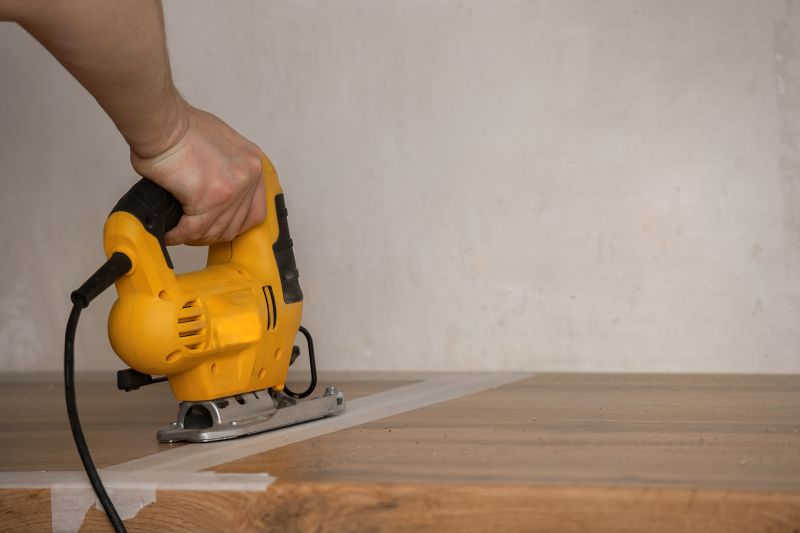
Specialized tools used for efficient deconstruction.
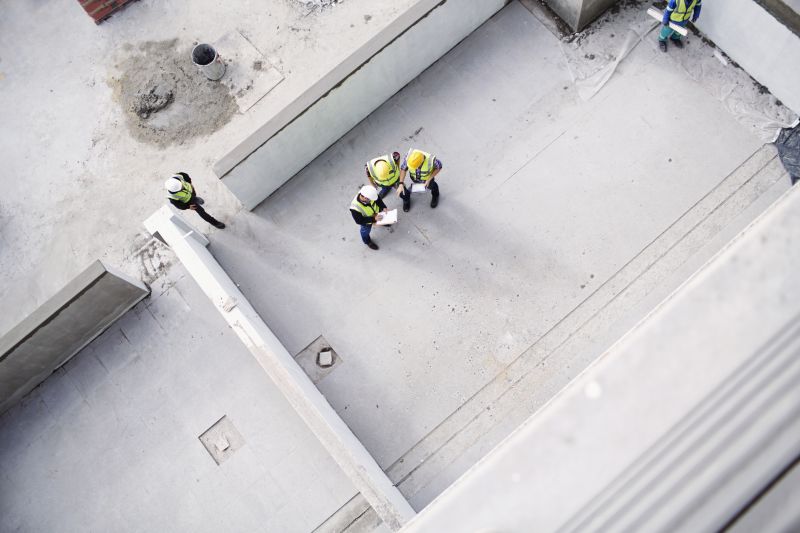
Safety barriers and protective gear during deconstruction.

Sorting and recycling countertop materials.
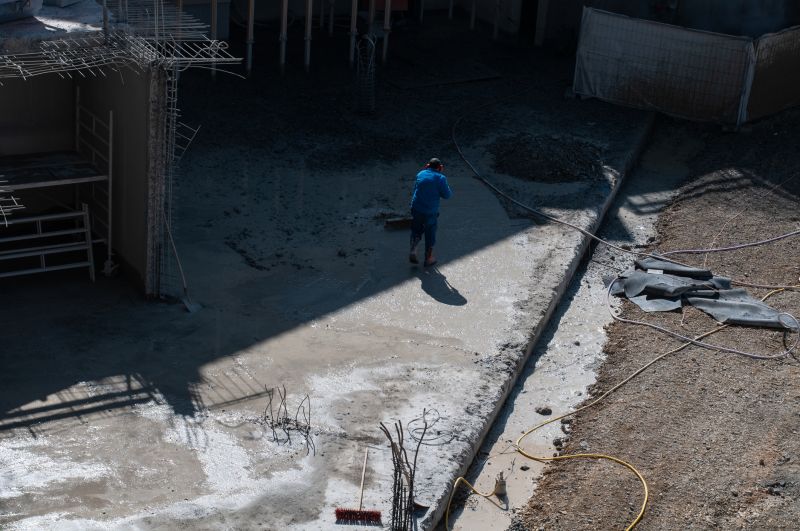
Ensuring the site is ready for the next phase.
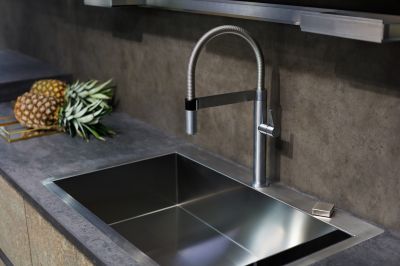
Lower-waste or water-saving choices for Countertop Deconstructions.
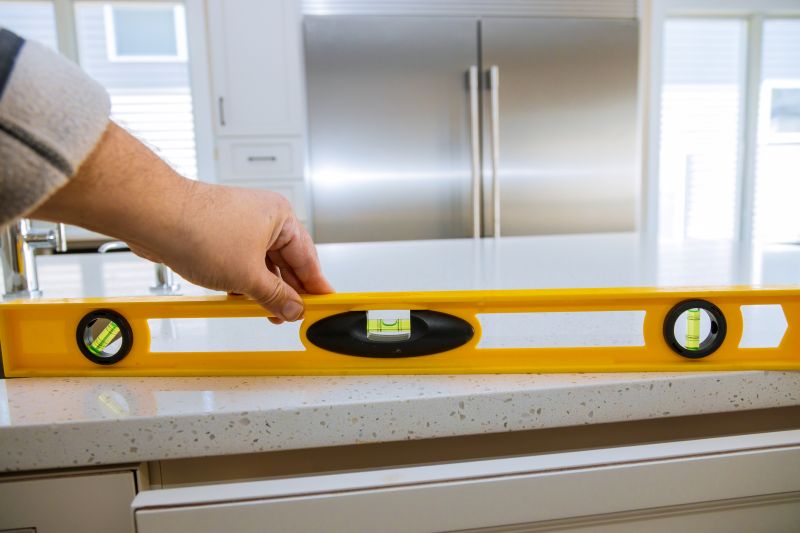
The short, realistic tool list for quality Countertop Deconstructions.
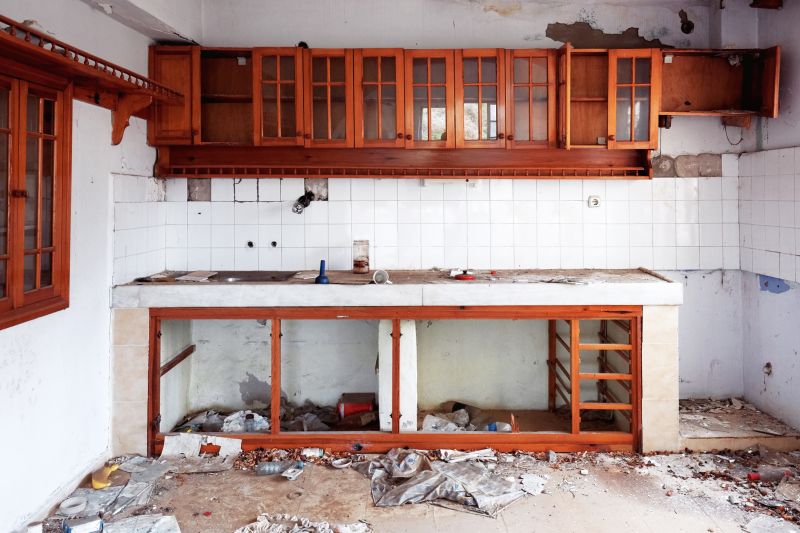
Rough timing from prep to clean-up for Countertop Deconstructions.
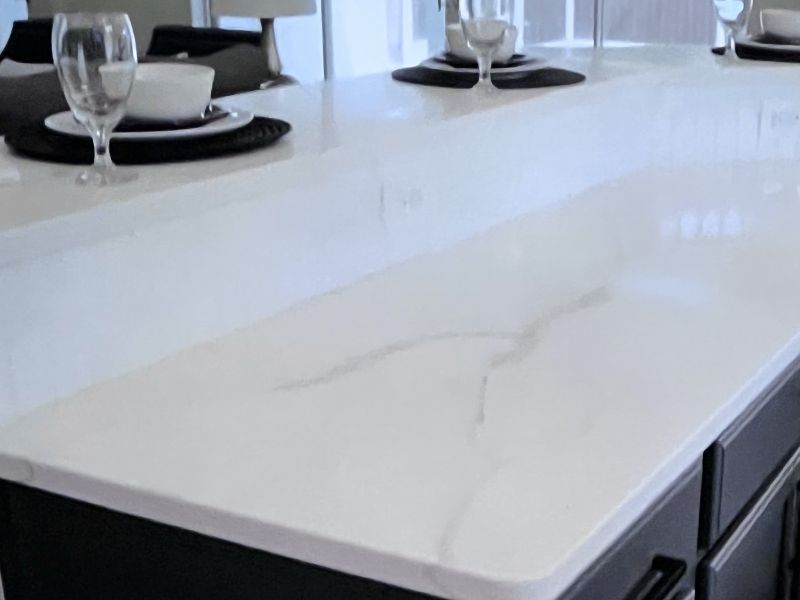
Quick checks and paperwork to keep after Countertop Deconstructions.
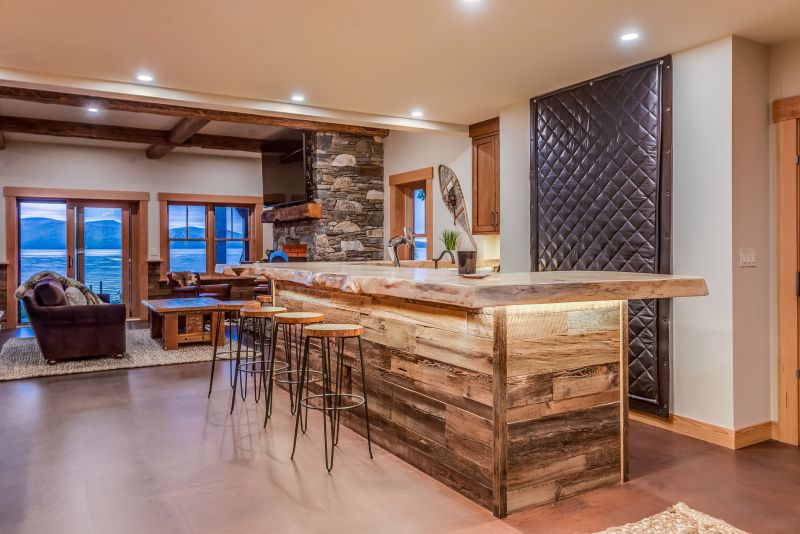
Examples that show the impact a good Countertop Deconstructions can make.
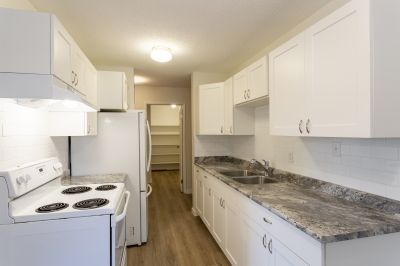
Ways to make Countertop Deconstructions work in tight or awkward layouts.
Interested parties can contact to discuss scheduling and planning for countertop deconstructions. Proper timing and preparation are essential for successful project outcomes, ensuring minimal disruption and efficient workflow.
